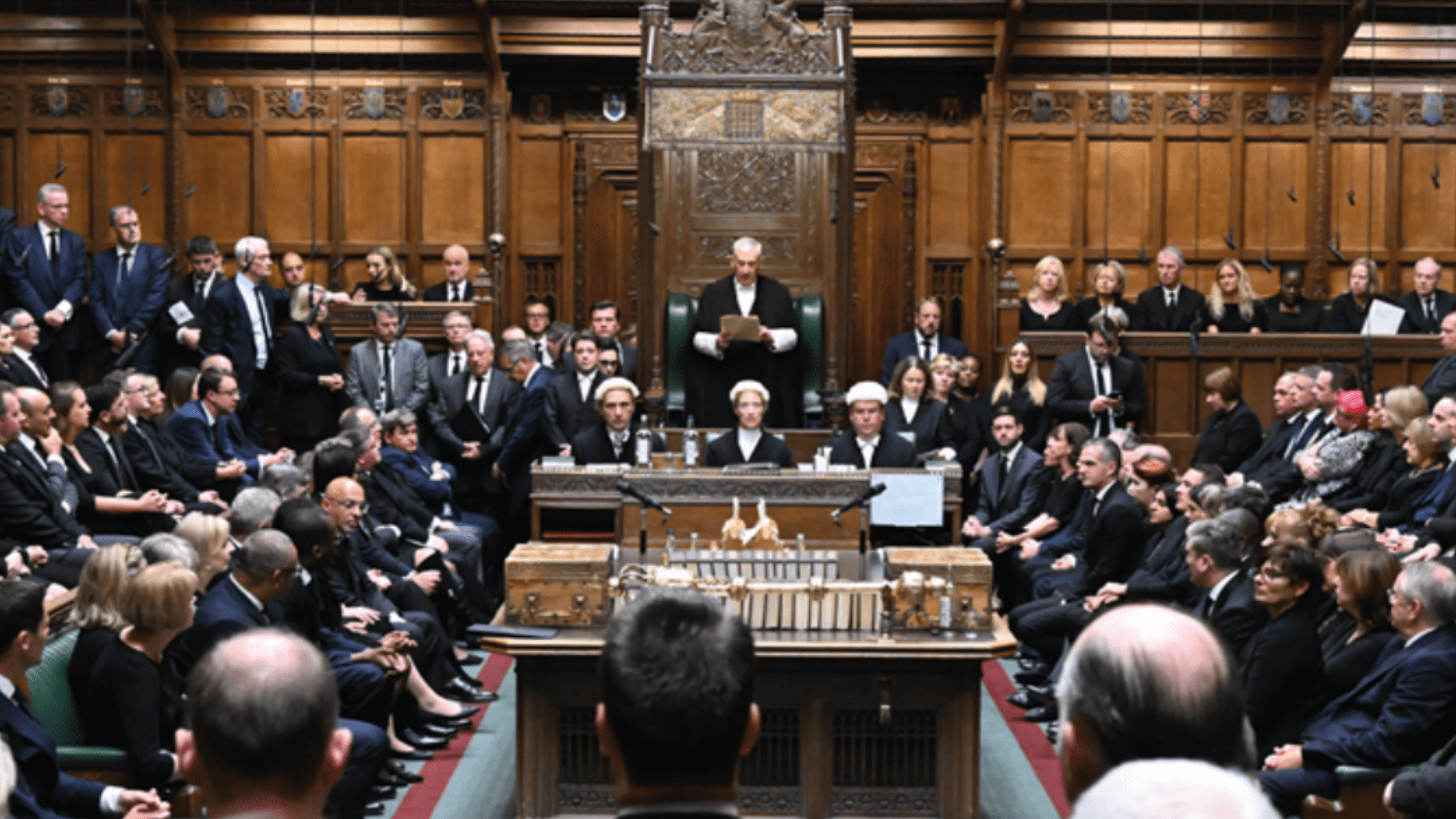Kwasi Kwarteng, Chancellor of the Exchequer, unveiled the government’s new Growth Plan in this morning’s fiscal statement.
From reversing the National Insurance increase to cutting Corporation Tax, here’s the most important information beauty businesses need from September’s ‘mini-budget’
Designed to put ‘millions of pounds back into people’s pockets, the statement set out the new cabinet’s plan for tackling the cost of living and enabling fast-paced economic growth in the UK and NI.
As well as introducing some of the biggest tax cuts we have seen in 30 years, the ‘mini-budget’ introduced new plans for more efficient infrastructure development, investment zones and recruitment. This comes after the announcement of the Energy Bill Relief Scheme earlier this week.
On the ‘mini-budget’, Chief Policy Officer Victoria Brownlie says: ‘We have previously stressed to the government the importance of thriving businesses for supporting households to meet the challenges of the cost of living crisis. Simply put, without jobs, families cannot support themselves. It was encouraging to hear the Chancellor reference this exact point in his statement today and we welcome many of the measures announced today.
‘However, government must ensure it keeps to its promise and continues to listen to businesses as the winter progresses to make sure they are targeting support where needed. Widening the scope of business rates relief and incentivising employers to take on apprentices and upskill their workforce would be very worthwhile additions to these existing measures.’
1. Planned rise in corporation tax from 19% to 25% is scrapped
Rishi Sunak became the first Chancellor in 47 years to increase Corporation Tax when he announced his plan to increase a 6% increase in April 2023. Kwarteng put a halt to this today, stating that: ‘Next year’s planned increase in Corporation Tax will be cancelled… it will remain at 19%.’
This move is anticipated to put £19bn a year back into the economy.
2. The 1.25% rise in National Insurance to be reversed from 6 November
‘The interim increase in the National Insurance rate brought in for this tax year will be cancelled,’ said the Chancellor, referencing the 1.25% increase both employees and employers have been contributing since last March.
From 6 November, employers will have to contribute less NI for staff so the cost of labour will be reduced. Employees will have less NI coming out of their wages, and those who are self-employed will pay less NI on their profits.
3. UK is to introduce tax-free shopping for overseas visitors
A key announcement in the ‘mini-budget’ was the re-introduction of tax-free shopping for overseas visitors because ‘Britain welcomes millions of tourists every year, and (the government) wants our high streets and airports, our ports and our shopping centres, to feel the economic benefit.’
The paper system has been revamped with a digital one that will make the process more accessible. This is all part of the government’s Growth Plan, which you can read here.
4. Basic rate of Income Tax is cut from 20p to 19p in the pound from April
Those with annual earnings of between £12,571 to £50,270, will pay one penny less per pound due to a one per cent cut in Income Tax. Currently, people in England, Wales and Northern Ireland pay 20% tax on income.
Kwarteng says this cut will benefit 31 million people with an average £170 a year reduction in tax.
This plan was originally set to be introduced in 2023, so it comes one year earlier to increase boost a ‘competitive and pro-growth income tax system’.
To read the full statement, click here.




